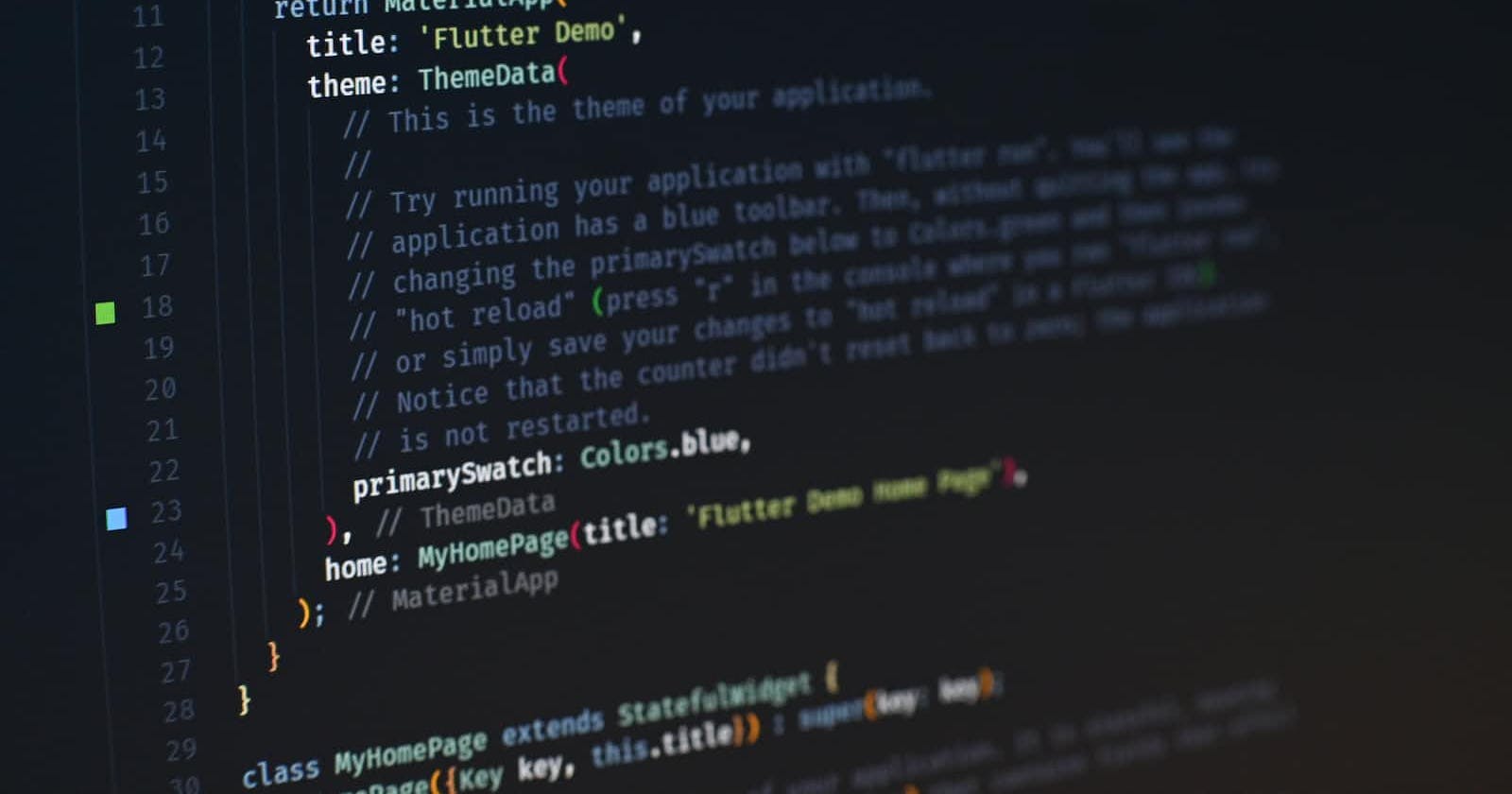code comments are often seen as a necessary evil, a way to document what the code is doing or why it was written in a certain way. However, comments can also be a double-edged sword that can make code harder to read, maintain, and debug. In this article, we will discuss why we should avoid comments in our code and provide some best practices for using comments when necessary.
Code Should Be Self-Documenting - The best code is self-documenting, meaning that it is written in a way that is clear, concise, and easy to understand without comments. Good code should use meaningful variable and function names, have a logical structure, and use white space effectively. By writing code in this way, we reduce the need for comments, and the code becomes more readable and easier to maintain.
Comments Can Become Outdated - One of the biggest problems with comments is that they can easily become outdated. As code changes, comments may no longer accurately describe what the code is doing, and can even become misleading. This can confuse and make it harder to maintain the code. Rather than relying on comments to explain the code, it is better to write self-explanatory code.
Comments Can Obscure - The Code Another problem with comments is that they can make code harder to read. This is especially true if the comments are poorly written, or if there are too many comments. Comments that are too long or too detailed can obscure the code and make it harder to see what is happening. If we write code that is easy to read and understand, we can avoid the need for comments altogether.
Code Should Be Modular - Another reason to avoid code comments is that they can be a sign that the code is not modular enough. Good code should be broken down into small, modular functions and classes, each with a single responsibility. By doing this, we reduce the complexity of the code and make it easier to understand and maintain. If we need to add comments to explain what a function is doing, it may be a sign that the function is too complex and should be refactored.
Use Comments Sparingly - While it is best to avoid comments altogether, there are times when comments are necessary. For example, comments can be used to explain the purpose of a function or class or to document unusual or complex code. However, it is important to use comments sparingly and to make sure that they are clear and concise. Comments should not be used as a substitute for good code, but rather as a supplement to it.
In conclusion, code comments can be helpful, but they can also be a hindrance. By writing self-documenting code, breaking code down into small, modular functions, and using comments sparingly, we can create code that is easy to read, understand, and maintain. By following these best practices, we can avoid the pitfalls of comments and create code that is a pleasure to work with.

